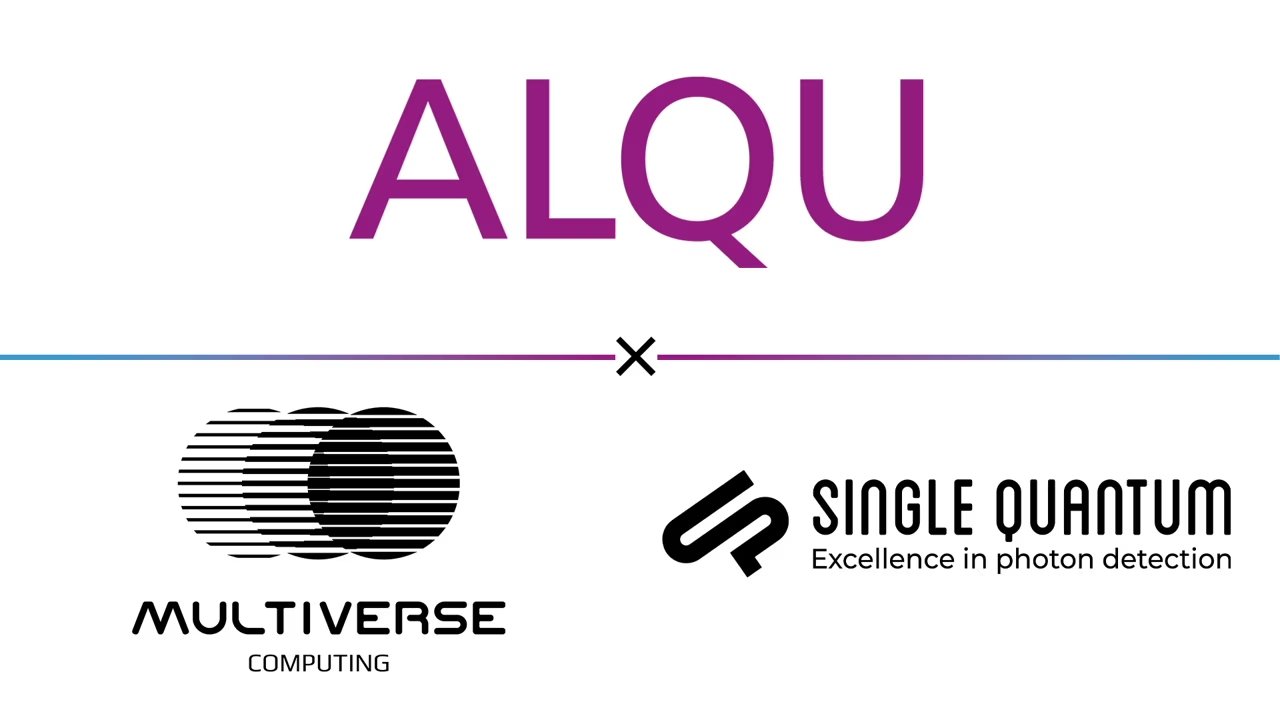This week, Multiverse Computing and Single Quantum announced an industrial materials science research and development project under a $1.4 million contract with the German Aerospace Centre's DLR Quantum Computing Initiative (DLR QCI).
As part of the ALQU project, DLR researchers expect this work to enable quantum applications that outperform classical methods in the short- to mid-term on quantum hardware currently under development.
The two quantum companies won funding through a competitive bidding process to use quantum simulation to improve the transmission capabilities of superconducting nanowire single-photon detectors. These detectors are essential for quantum communications devices and are more accurate than other photon detectors.
There are multiple additional use cases for single photon detectors ranging from quantum computing to deep-space communication and bio-imaging. DLR's exploration of these use cases aims to achieve quantum applications that outperform classical methods across transport, energy and security.
Multiverse Computing and Single Quantum will use quantum simulation to improve the superconducting film that allows the hardware to detect photons.
According to Enrique Lizaso-Olmos, co-founder and CEO of Multiverse Computing:
"Materials simulation is a vast research area where we know classical computing has significant limitations.
Finding new methods to simulate materials efficiently using quantum computing has great potential, and it is a problem worth investing in the long term due to its high value."
Multiverse's quantum algorithm experts will work with hardware engineers at Single Quantum to create an algorithm specifically designed for the DLR QCI's quantum computers.
Single Quantum specialises in fast and highly sensitive light sensors based on a superconducting nanowire single photon architecture. The company was among the first to manufacture and commercialise superconducting nanowire single-photon detectors.
Andreas Fognini, Chief Technology Officer at Single Quantum shared:
"Our technology combines unparalleled detection efficiency and time resolution to make our superconducting detectors the ideal choice for many use cases, including quantum communication and cryptography.
We expect this work with Multiverse Computing and DLR to refine these capabilities even further."
Other teams within the larger DLR QCI initiative will be able to use the knowledge from this project to simulate other materials or conduct additional quantum simulations, according to the researchers.
.



Would you like to write the first comment?
Login to post comments